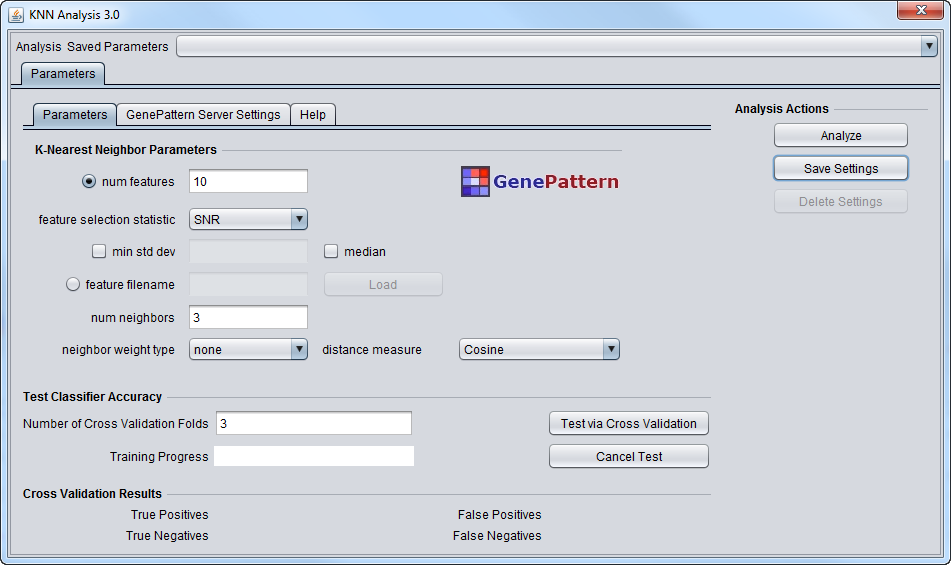
Laboratornie Raboti Po Delfi 7
Feb 3, 2014 - Physical laboratory practicum is an experimental study of physics, supported. A dialog box in visual programming system Delphi 7 (Arkhangel'skiy, 2004). Laboratornaya rabota: Izucheniye zatukhayushchikh krutil'nykh.
This study examined the nature of science (NOS) views of lower elementary grade level students, including their views of scientists. Participants were 23 third‐grade African American students from two Midwest urban settings.
A multiple instrument approach using an open‐ended questionnaire, semi‐structured interviews, a modified version of the traditional Draw‐A‐Scientist Test ( DAST), and a simple photo eliciting activity, was employed. The study sought to capture not only the students' views of science and scientists, but also their views of themselves as users and producers of science. The findings suggest that the young African American children in this study hold very distinct and often unique views of what science is and how it operates. Included are traditional stereotypical views of scientists consistent with previous research. Additionally, participants expressed excitement and self‐efficacy in describing their own relationship with science, in and outside of their formal classrooms.
Implications for teaching and learning NOS as it relates to young children and children of color are discussed. © 2011 Wiley Periodicals, Inc. J Res Sci Teach 49: 1–37, 2012. The present study seeks to contribute to efforts in science education to make science equitable for all students by focusing on one of the most fundamental aspects of science: nature of science (NOS).
In particular, this study investigates young African American students' views of the NOS. NOS can be generally defined as the epistemology of science or the values and beliefs inherent in the development of scientific knowledge (Lederman, ). Operationally this includes, an individual's beliefs about, how scientific knowledge is constructed; where scientific knowledge originates; who uses science (including scientists); who produces scientific knowledge; and most importantly, where the individuals places themselves within the community of producers and users of science. An established line of research connects a student's understandings of the NOS and his/her science literacy (e.g., Crumb,; Jungwirth,; Meichtry,; Tamir,; Trent,; Welch & Walberg, ). The American Association for the Advancement of Science defines a scientifically literate individual as, One who is aware that science, mathematics, and technology are interdependent human enterprises with strengths and limitations; understands key concepts and principles of science; is familiar with the natural world and recognizes both its diversity and unity; and uses scientific knowledge and scientific ways of thinking for individual and social purposes (AAAS,, p. Determining an individual's prior cognitive status is a fundamental and necessary step involved in any inquiry‐based constructivist pedagogy.

As a result, findings to date generated via NOS research are in reality a procedural means of accessing prior knowledge from the individuals investigated. This is especially pertinent given that these findings constitute an important cornerstone used in developing the K‐12 science curricular agenda (Knapp, ). Mortal kombat xl xbox 360. By not insisting upon an inclusive and diverse population in NOS research, we again place the same students in the same disadvantageous position to fail (McLaughlin, Shepard, & O'Day, ).
Nature of Science Instruments Since at least the early 1960s, the development of instruments capable of “validly” capturing an individual's understanding of the NOS has been pursued. In his critique of the state of NOS research to date, Lederman ( ) includes a thorough summary of the evolution of assessment instruments thus far. As he points out, many of the early assessment instruments (e.g. Allen,; BSCS,; Fraser,; Fraser,; Hungerford & Walding,; Korth,; Moore & Sutman,; Ogunniyi,; Schwirian,; Stice,; Swan,; Wilson, ), all likely had poor validity. Still other instruments evaluated were deemed valid in their assessment of NOS views (e.g. Abd‐El‐Khalick, Bell, & Lederman,; Abd‐El‐Khalick & Lederman,; Aikenhead, Fleming, & Ryan, 1989; Billeh & Hasan,; Cooley & Klopfer,; Cotham & Smith, 1981; Hillis,; Kimball,; Lederman & Khishfe,; Lederman & Ko,; Meichtry,; Nott & Wellington,; Rubba,; Scientific Literacy Research Center,; Welch, 1967).
Additionally, the validity of some instruments has been brought into question based on faulty assumptions supporting them (Aikenhead, Ryan, & Desautels, ). Naruto rise of a ninja pc tpb torrents downloads. One such faulty assumption identified by Aikenhead et al. ( ) and Lederman & O'Malley ( ) was that individuals interpret an instrument's items in the same way as the instrument developers. Likewise, Lederman et al.